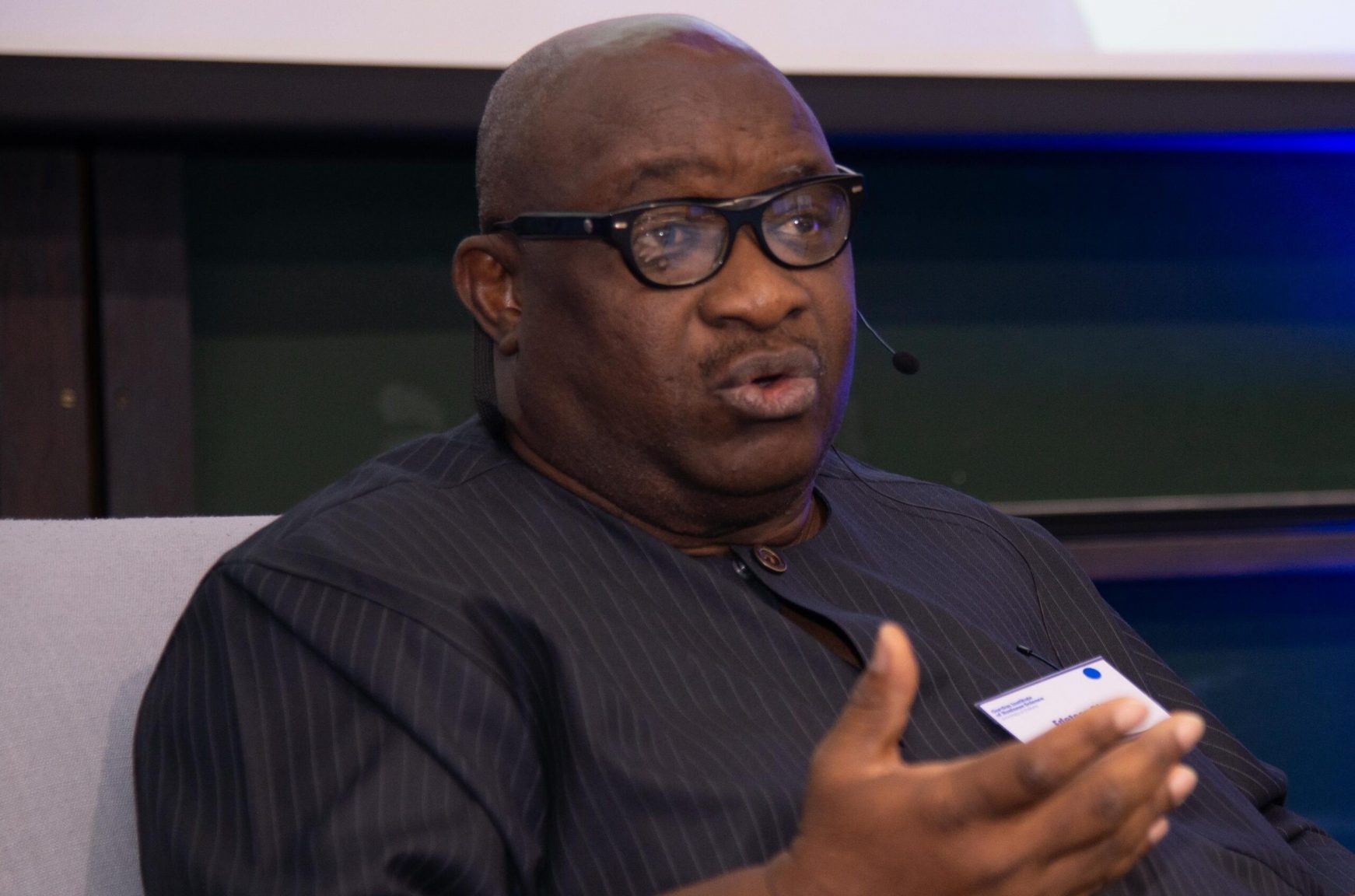The Nigerian Shippers’ Council (NSC) has expressed concern over the $50 billion Nigeria and other African countries lose to illicit financial outflows yearly.
The Executive Secretary/CEO of NSC, Pius Akutah, stated that these illicit financial outflows negatively impact the quality of life in Africa, hindering efforts to alleviate poverty, provide food, education and basic services.
Akutah made these remarks yesterday during a debate competition for secondary schools in Apapa, organised by the National Youth Service Corps (NYSC) members in collaboration with Industrial Trainees in the Nigerian Shippers’ Council.
The event, held in Lagos, focused on the theme: ‘Effective Whistleblowers Protection Mechanism: A Critical Tool in the Fight Against Corruption’.
Akutah, who was represented by the Director of Human Resources, Ada Okam, emphasised that illicit financial outflows make it difficult for Africa to grow as a continent and achieve the African Agenda and the global Sustainable Development Goals.
He noted that corruption affects all of humanity, with its negative effects permeating every facet of society, hindering national advancement, stability, and prosperity.
“Research shows that Africa loses more than $50 billion yearly through illicit financial outflows. This is why the African Union has designated July 11 each year as a day to raise awareness about the menace of corruption, in line with the United Nations’ campaign to reduce corruption and promote transparency,” he explained.
Addressing the theme of the debate, Akutah highlighted the importance of protecting whistleblowers, advocating for effective coordination between investigative, prosecutorial, and judicial systems to ensure whistleblower protection.
This, he said, is crucial for an effective whistleblowing mechanism as a tool for combating corruption in society.
He noted that in recognising whistleblowing as a critical element in fighting corruption, there are institutions, laws, and policies at the national, regional, and global levels designed to protect whistleblowers.
According to him, the Nigerian Shippers’ Council has a policy to protect whistleblowers as outlined in the NSC Code of Conduct.
Akutah pointed out that whistleblower efforts in Nigeria have led to the recovery of billions of Naira, which have been used for critical infrastructure development.
He, however, acknowledged that effective measures to protect whistleblowers are lacking, as they often face retaliation, which remains a significant challenge.
He advocated for comprehensive protection for whistleblowers to encourage voluntary reporting of financial regulation violations, mismanagement of public funds and assets, financial malpractices, fraud, and theft.
Such protection, he argued, is essential for the recovery of the economy, the well-being of society, and building a secure future for all, without fear of reprisals.


















